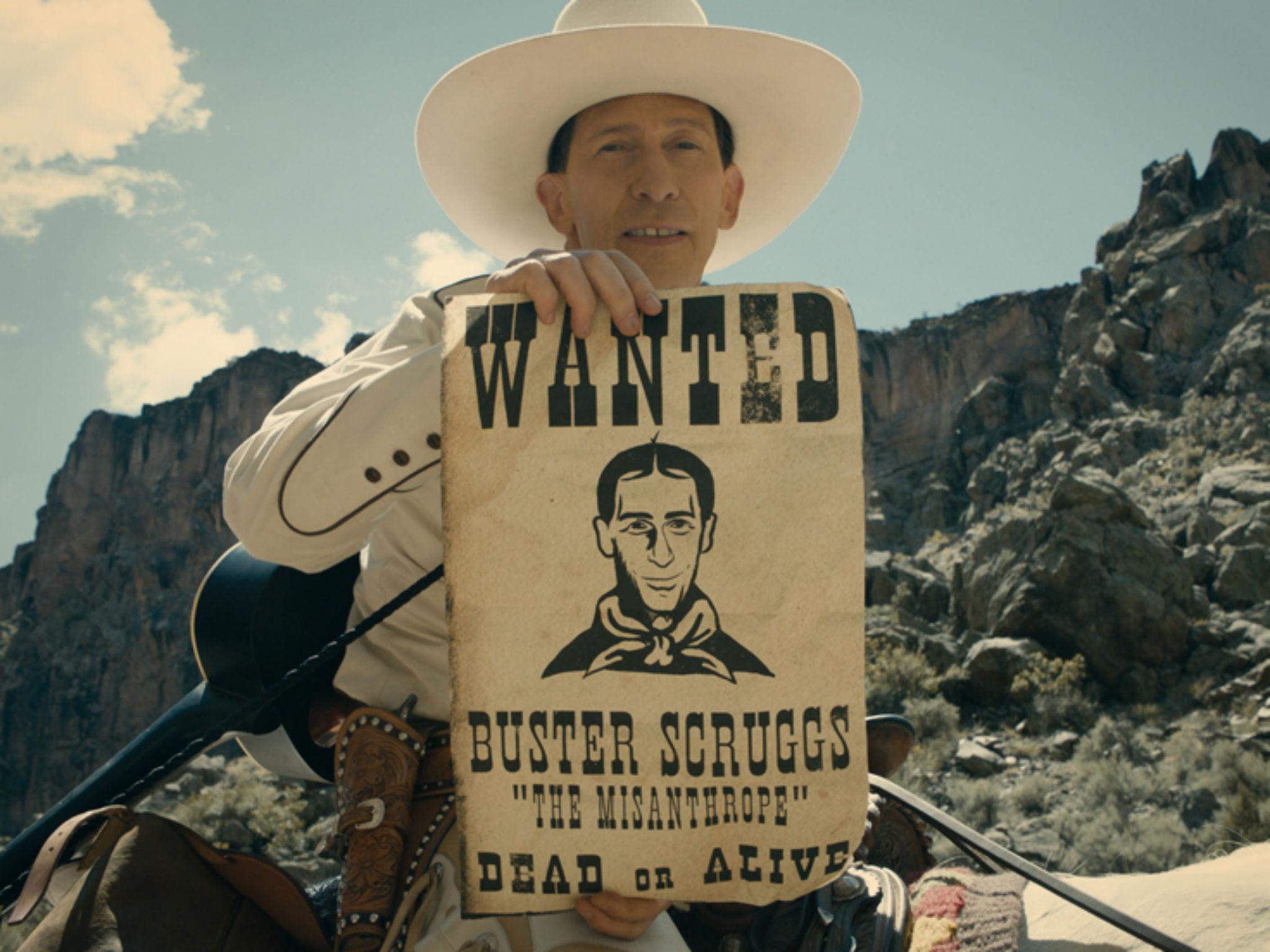
The first of them, the title episode, features Tim Blake Nelson as a singing cowboy who makes his way through the lonely desert singing a deliciously mock-melancholy ballad about the rigors of his journey.
#Ballad of buster scruggs movie
The movie sets up its action with the droll framework of an old, illustrated book of Western stories, further emphasizing that this movie is-like the Western stories that it parodies-a batch of back-constructed tall tales. Whether with outrageous antics or metaphysical mysteries, the Coen brothers fill the film with a subtle nose-thumbing they’re laughing up their sleeve at the long-standing exaltation of the West as a primordial realm of titanic heroes, and at a society that even now consumes Western legends and spits them back in the form of historical verities and political pieties.

But all are united by a giddy Western revisionism centering upon a common theme: the relentless cruelty, wanton violence, deadly recklessness, and cavalier abuses of unchecked power that prevailed in the thinly and casually governed Wild West.

(It’s already in limited theatrical release and will launch on Netflix this Friday.) It is a movie put together from bits and pieces of cinematic tropes, conventions, and clichés, including ones borrowed from a range of genres, from ingenious physical comedy to romantic lyricism to Gothic horror.

The Western is the most inherently political genre, and, with “The Ballad of Buster Scruggs,” their two-hour-plus anthology of six short Westerns, Joel and Ethan Coen have made an exemplary political film.


 0 kommentar(er)
0 kommentar(er)
